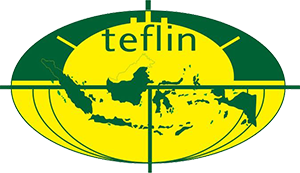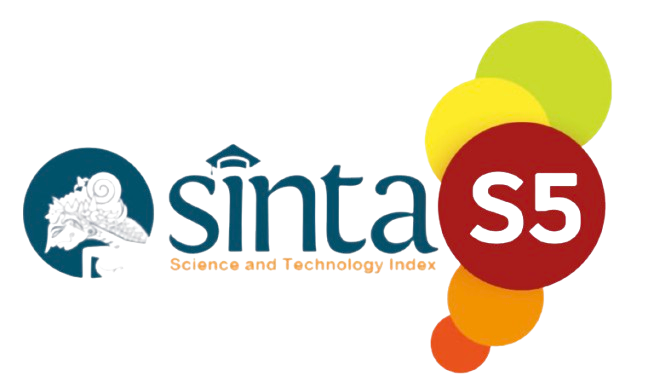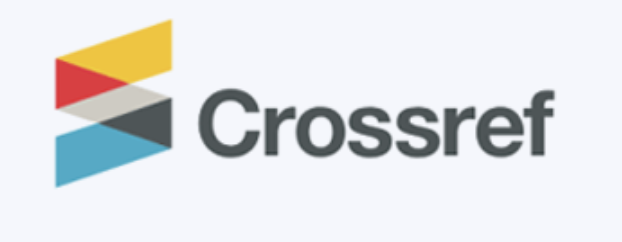The Correlation of Vocabulary Mastery and Sentence Structure with Students' Writing Ability
DOI:
https://doi.org/10.52217/ijlhe.v4i2.861Keywords:
sentence structure, vocabulary mastery, writing abilityAbstract
This study aims to describe the relationship between vocabulary mastery and sentence structure with the ability to write descriptions of the eighth grade students of SMPN 02 Waway Karya, East Lampung. The author uses the correlational method, meaning that data are collected after all the events in question have taken place. The techniques used in collecting research data are questionnaires, tests, and observations. Based on the results of the study, it can be concluded that, (1) there is a positive and significant correlation between sentence structure and the ability to write descriptions, indicated by a correlation coefficient of 0.766 and a coefficient of determination (R2) of 0.587 or 58.7%, (2) there is a positive and significant correlation between vocabulary mastery and the ability to write descriptions as indicated by a correlation coefficient of 0.662 and a coefficient of determination (R2) of 0.438 or 43.8%, (3) there is a positive and significant relationship between vocabulary mastery and sentence structure and ability of writing a description shown by the correlation coefficient of 0.804 and the coefficient of determination (R2) of 0.646 or 64.6%.
References
Andeska, L. ., Sutiyono, A. ., Hastomo, T. ., & Angraini, N. . (2021). The Correlation of Vocabulary Mastery and Reading Interest with Quick Reading Ability . IJLHE: International Journal of Language, Humanities, and Education, 4(1), 50–58.
Daryono. (2009). Panduan Proses Pembelajaran Kreatif dan Inovatif. Jakarta: AV Publiser.
Evawati, E., Surastina, S., Sutrisno AB, J. ., & Wahyuningsih, S. . (2020). The Correlation of Students’ Vocabulary Mastery and Interest in Reading with their Writing Ability of Argumentation Text at The Eight Grade SMPN 14 Bandar Lampung. IJLHE: International Journal of Language, Humanities, and Education, 3(2), 15–26.
Gie, T. Liang. (2002). Cara Belajar yang Efisien. Yogyakarta: Liberty.
Hastomo, T. (2016, January). The Effectiveness of Edmodo to teach writing viewed from students’ motivation. In Proceeding of International Conference on Teacher Training and Education (Vol. 1, No. 1).
Keraf, Gorys. (2005). Argumentasi dan Deskripsi. Jakarta :PT.Gramedia.
Kosasih, E. (2005). Kompetensi Ketatabahasaan dan Kesusastraan Cermat Berbahasa Indonesia. Bandung: RamaWidya.
Siddik, M. (2018). Pengembangan Model Pembelajaran Menulis Deskripsi. Tunggal Mandiri Publishing.
Sumaliyo, S., Alfiawati, R. ., & Subari, I. . (2019). The Correlation of Vocabulary Mastery and Effective Sentences With Exposition Writing Ability in Middle School Students. IJLHE: International Journal of Language, Humanities, and Education, 2(1), 55–62.
Tarigan. (2002). Menulis Sebagai Suatu Keterampilan Berbahasa.Bandung :Angkasa.
Yulistiani, E. ., Supriyono, S., Wicaksono, A., & Hastomo, T. . (2020). The Correlation between Vocabulary Mastery, Reading Habits, and The Students’ Writing Ability. IJLHE: International Journal of Language, Humanities, and Education, 3(1), 69–76.














